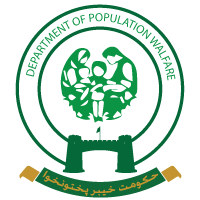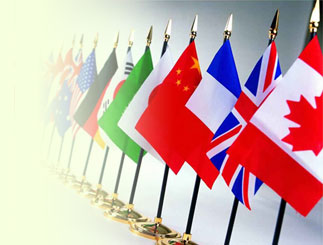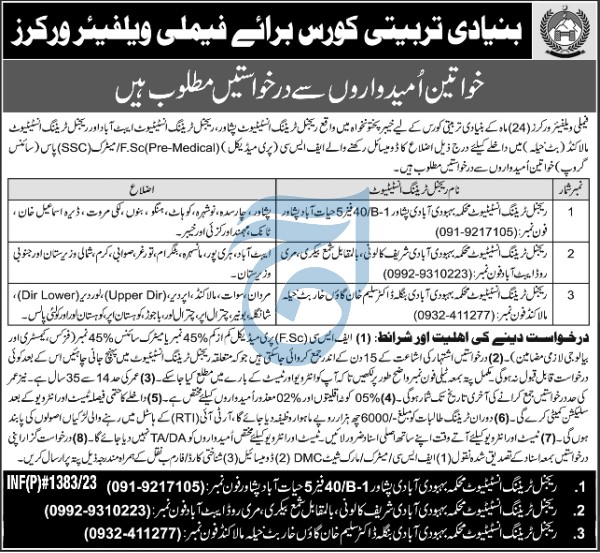RITI Welfare Worker Course Admission 2023

Regional Training Institute Population Welfare is pleased to announce the admissions for the Family Welfare Worker Course for the year 2023. The admission process will commence on 25th June 2023 and continue until 10th July 2023. This program offers an excellent opportunity for individuals interested in contributing to the field of population welfare and family planning.
To be eligible for admission, applicants must have a Matriculation degree with Science subjects Physics, Chemistry, and Biology and a minimum of 45% marks. Alternatively, candidates with an FSc Pre-Medical degree and a minimum of 45% marks are also eligible to apply. This criterion ensures that students have a strong foundation in the sciences, which is vital for understanding the complexities of population welfare and family planning.
The Family Welfare Worker Course provides comprehensive training in various aspects of population welfare, including family planning, reproductive health, and community outreach. The program equips students with the necessary knowledge and skills to educate and empower individuals and communities regarding family planning methods and reproductive health.
One of the highlights of this program is the availability of scholarships. Students admitted to the Family Welfare Worker Course will receive a monthly scholarship of 6000. This financial support aims to encourage talented individuals to pursue their passion for population welfare and make a positive impact on society.
Prospective candidates are encouraged to submit their applications within the designated timeframe. The admission process will be competitive, and seats are limited. Therefore, it is advisable to complete the application process as early as possible.
Regional Training Institute Population Welfare looks forward to welcoming enthusiastic and dedicated individuals who are eager to contribute to the field of population welfare and family planning. By joining this program, students will gain the knowledge and skills necessary to become effective advocates and practitioners in the area of population welfare, promoting the well-being of individuals, families, and communities.
















